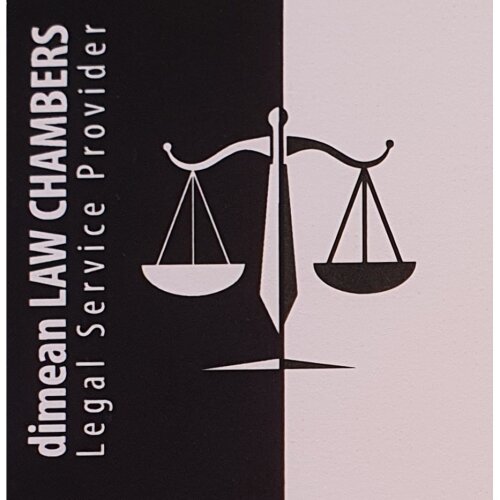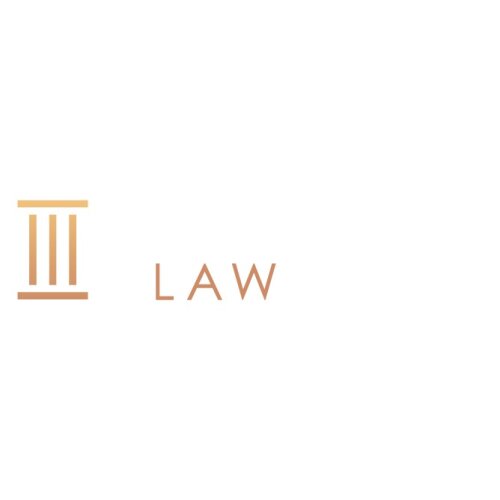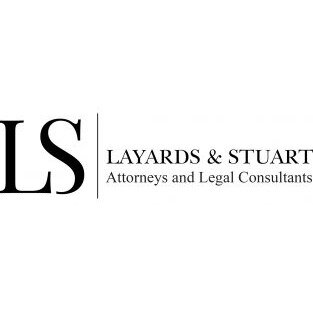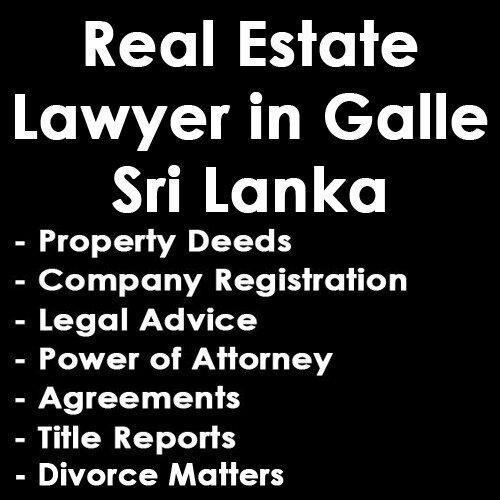Best Commercial Real Estate Lawyers in Sri Lanka
Share your needs with us, get contacted by law firms.
Free. Takes 2 min.
Free Guide to Hiring a Real Estate Lawyer
Or refine your search by selecting a city:
List of the best lawyers in Sri Lanka
About Commercial Real Estate Law in Sri Lanka
Commercial Real Estate law in Sri Lanka encompasses all legal matters related to the buying, selling, leasing, and development of properties that are intended for business purposes. The sector is governed by a combination of traditional legal principles, statutory provision, and administrative regulations. Key aspects include zoning laws, land use regulations, and property rights. With a growing economy, Sri Lanka offers diverse opportunities in commercial real estate, ranging from office spaces to retail outlets and industrial properties.
Why You May Need a Lawyer
Involvement in commercial real estate transactions often requires navigating complex legal issues. Here are some common situations where legal help may be needed:
- Negotiating and drafting purchase or lease agreements.
- Conducting due diligence and title searches.
- Resolving disputes over property boundaries or title issues.
- Handling zoning and land use issues.
- Managing compliance with local building regulations and environmental laws.
- Facilitating financing arrangements for property acquisition or development.
- Processing property registration and transfer.
- Advising on landlord and tenant disputes.
Local Laws Overview
Commercial real estate transactions in Sri Lanka are influenced by several key laws and regulations:
- Land Development Ordinance: Governs the use and development of land.
- Registration of Title Act No. 21 of 1998: Ensures all land dealings are recorded in a public registry.
- Partition Law, No. 21 of 1977: Concerns the division of co-owned properties.
- Rent Act, No. 7 of 1972: Regulates the leasing of housing and commercial premises.
- Zoning and Urban Development: Varies by jurisdiction, affecting how land can be used.
- Taxes: Includes stamp duty and capital gains tax considerations in property transactions.
Frequently Asked Questions
1. What is the process of buying commercial property in Sri Lanka?
The process involves identifying the property, conducting due diligence, negotiating terms, drafting a purchase agreement, securing financing, and registering the property transfer.
2. Are there restrictions on foreign ownership of commercial real estate?
Yes, foreign ownership is restricted. Usually, foreign nationals or entities can only lease land for a specified period and cannot own land outright.
3. What are the typical legal fees for a commercial real estate transaction?
Legal fees vary but are usually a percentage of the property value, typically ranging from 1% to 3%.
4. What taxes are applicable in commercial real estate transactions?
Stamp duty and capital gains tax are the primary taxes on property transactions. The rates depend on the value and nature of the transaction.
5. How is a title search performed?
A title search is conducted by reviewing public records to confirm the legal ownership and any encumbrances on the property.
6. Can a commercial property lease be terminated early?
This depends on the terms of the lease agreement and applicable local laws. Legal advice is usually required to ensure compliance and assess penalties.
7. Do I need planning permission for changes to a commercial property?
Planning permission is generally needed for significant changes to a property, like structural alterations or changes in use.
8. What is the role of a notary in property transactions?
A notary authenticates and manages the documentation and regulations related to property transfers.
9. How do landlords handle tenant disputes legally?
Disputes can be resolved through negotiation, mediation, or legal action in accordance with the lease agreement and relevant laws.
10. What should be included in a commercial lease agreement?
Key elements include lease duration, rental terms, maintenance responsibilities, modification clauses, and termination conditions.
Additional Resources
Consider consulting the following local resources for further exploration of commercial real estate law in Sri Lanka:
- Urban Development Authority
- Registrar General’s Department
- Sri Lanka Land Reclamation and Development Corporation
- Department of Valuation
- Sri Lanka Board of Investment
Next Steps
If you require legal assistance in commercial real estate, consider the following steps:
- Identify the specific nature of your legal needs and objectives.
- Gather all relevant documents and information pertaining to your case.
- Schedule consultations with legal professionals specializing in commercial real estate.
- Evaluate potential lawyers based on their expertise, experience, and fee structure.
- Engage a lawyer to guide you through your transaction or legal matter, ensuring compliance and protection of your interests.
Lawzana helps you find the best lawyers and law firms in Sri Lanka through a curated and pre-screened list of qualified legal professionals. Our platform offers rankings and detailed profiles of attorneys and law firms, allowing you to compare based on practice areas, including Commercial Real Estate, experience, and client feedback.
Each profile includes a description of the firm's areas of practice, client reviews, team members and partners, year of establishment, spoken languages, office locations, contact information, social media presence, and any published articles or resources. Most firms on our platform speak English and are experienced in both local and international legal matters.
Get a quote from top-rated law firms in Sri Lanka — quickly, securely, and without unnecessary hassle.
Disclaimer:
The information provided on this page is for general informational purposes only and does not constitute legal advice. While we strive to ensure the accuracy and relevance of the content, legal information may change over time, and interpretations of the law can vary. You should always consult with a qualified legal professional for advice specific to your situation.
We disclaim all liability for actions taken or not taken based on the content of this page. If you believe any information is incorrect or outdated, please contact us, and we will review and update it where appropriate.
Browse commercial real estate law firms by city in Sri Lanka
Refine your search by selecting a city.

















